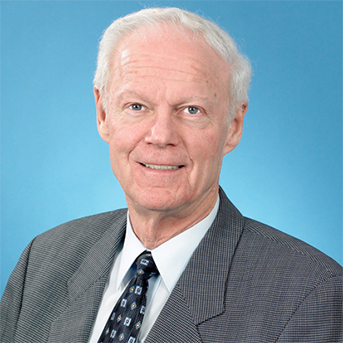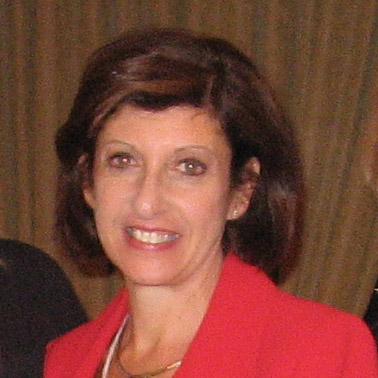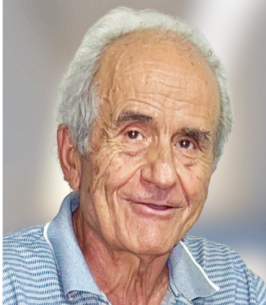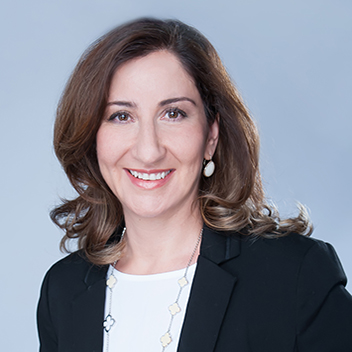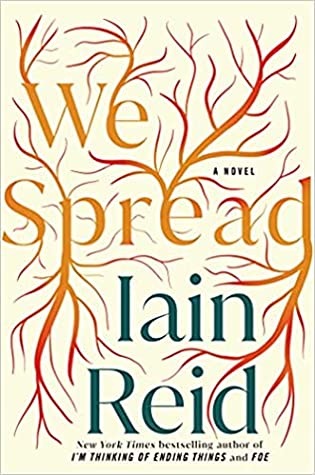York University has gained four new and three renewed Canada Research Chairs (CRC). Professors Antony Chum, Arash Habibi Lashkari, Kohitij Kar and Liya Ma received new CRC appointments and Professors Christopher Caputo, Raymond W.M. Kwong and Regina Rini had their CRCs renewed.
Antony Chum is assistant professor in the School of Kinesiology in the Faculty of Health and CRC Tier II in Population Health Data Science. Deaths and diseases of despair are those that are preventable, and they include substance-use disorders, suicides and overdose deaths. In 2019, they accounted for approximately 30 per cent of deaths for Canadians aged 15 to 49 years. Research into the causes of despair and strategies to reduce it may lead to substantial improvements in quality of life and life expectancy.
Chum is establishing a national hub that will use population health data science to study the causes of – and solutions for – deaths and diseases of despair. He and his research team are investigating the epidemiology of deaths and diseases of despair as a unified phenomenon. They are also examining the role of follow-up care in preventing suicides, overdoses and substance-use disorders as well as evaluating how public policies can reduce these self-inflicted deaths and diseases.
Arash Habibi Lashkari is CRC Tier II in Cybersecurity and an associate professor in the School of Information Studies in the Faculty of Liberal Arts & Professional Studies (LA&PS). Cybersecurity threats are constantly evolving and hackers are discovering new ways to disguise themselves. Detecting these threats requires new tools that can capture behavioural patterns and alert developers. Lashkari, aims to develop the tools that can do this.
Working with his research team, they are creating an anomaly detection model for cybersecurity. The model is based on the analysis of benign users’ common behavioural patterns, which are then contrasted with those of known threats. The team is also developing a platform to increase awareness and general knowledge of cybersecurity. Ultimately, by providing the technical solutions needed to detect anomalous behaviours and encourage better cybersecurity practices, their research will improve the security of our computer systems.
Kohitij Kar is an assistant professor in the Department of Biology in the Faculty of Science and CRC Tier II in Visual Neuroscience. His research lab is a core part of the Vision: Science to Technology Application (VISTA) Program and the Centre for Vision Research at York University. As humans, we can seamlessly interact with the world around us thanks to our remarkably sophisticated visual system. These interactions depend on our brain’s ability to translate the images we see. But understanding the brain’s sophisticated computations has been a challenge. As Canada Research Chair in Visual Neuroscience, Kar is uncovering the inner workings of the primate visual system.
Kar and his research team are performing detailed circuit-level neural measurements in non-human primates and relating them to specific visual behaviours. They are using their findings to develop artificial intelligence (AI) systems that mimic the primate brain in hopes of coming up with treatment strategies for mental health disorders that could improve cognitive behavioral therapies. Ultimately, Kar’s research could help millions of individuals suffering from neurological disorders by providing new knowledge about brain function.
Liya Ma is CRC Tier II in Cognitive Neurophysiology and an assistant professor in the Department of Psychology in the Faculty of Health. Human brains are generally flexible enough to adapt to changes in the world around us. But, reduced flexibility in thinking and behaviour is common among patients who suffer from certain neuropsychiatric disorders, such as schizophrenia or autism.
Ma and her research team are investigating how neurons in the brain enable flexibility in decision-making. The research team is exploring how neural communications can support cognitive flexibility in non-human primates. To do this, they are monitoring primates’ neuronal activities during tasks and manipulating the neurons’ activities to identify the roles that specific brain regions play in terms of cognitive and behavioural flexibility. Ma and her team are also using experimental data to design mathematical models for cognitive flexibility and identifying the pathological changes that lead to brain damage. Their research could shed light on new ways to treat neuropsychiatric disorders.
Renewed Canada Research Chairs
Christopher Caputo is CRC Tier II (renewed) in Main-Group Catalysis and Sustainable Chemistry and an assistant professor of chemistry in the Faculty of Science. Chemicals provide the building blocks of many of the products we rely on every day, from pharmaceuticals to agrochemicals for growing food to dyes for cosmetics. But producing chemicals is an energy-intensive and polluting process, so it is critical that we discover far more sustainable approaches. Caputo is tackling this problem using a two-pronged approach.
First, he and his research team are developing greener catalysts to create chemicals (a catalyst lowers the barriers to a chemical reaction). These catalysts are produced using less energy and without the need for precious metals, which are rare, expensive and unsustainable. Secondly, the team is working on an innovative platform technology from renewable feedstocks with the goal of revolutionizing personal care by producing ultra-long lasting sun protection.
Raymond (Wai Man) Kwong is CRC Tier II (renewed) in Environmental Toxicology and an associate professor in the Department of Biology in the Faculty of Science. Human activities such as overfishing, plastic dumping, oils and gas spills, and the production of agricultural and industrial waste, lead to the deaths of trillions of aquatic animals every year. Kwong is advancing our understanding of how these environmental stressors affect the function of aquatic animals’ nervous systems.
Kwong and his research team are using molecular neurophysiology and functional genetics tools to study the toxicity of metals and bisphenol compounds in the early stages of aquatic animals’ lives. Their aim is to identify the mechanisms behind their toxic response or tolerance and to shed light on the relationship between environmental toxins and geno- and phenotypes. Ultimately, their findings will support the development of better strategies to regulate water quality and protect aquatic life and biodiversity.
Regina Rini is assistant professor in the Department of Philosophy, LA&PS and CRC Tier II (renewed) in Social Reasoning. In today’s political climate, social media is intensifying divisions and artificial intelligence is being used to target political messaging in new and effective ways. Platforms like Facebook and Twitter have undermined our existing social norms around sharing information. (A social norm is a widely shared expectation about how members of a society should conduct themselves.) Rini’s research seeks to understand how best to manage the social disruptions caused by rapid technological changes while also protecting the ability of individuals to make moral decisions.
Rini and her research team are using moral philosophy and social science tools to examine how modern, diverse societies, like Canada’s, can manage disagreement and create shared social space. They are focusing on the social norms that are affected by shifts in technology and determining how new norms around truth and sincerity might protect democracies from the harms caused by these shifts.
The announcement of the Canada Research Chair appointments was made by the Minister of Innovation, Science and Industry, François-Philippe Champagne, during his announcement Nov. 22 of an investment of more than $139 million to support 176 new and renewed Canada Research Chairs across 46 institutions in Canada.
